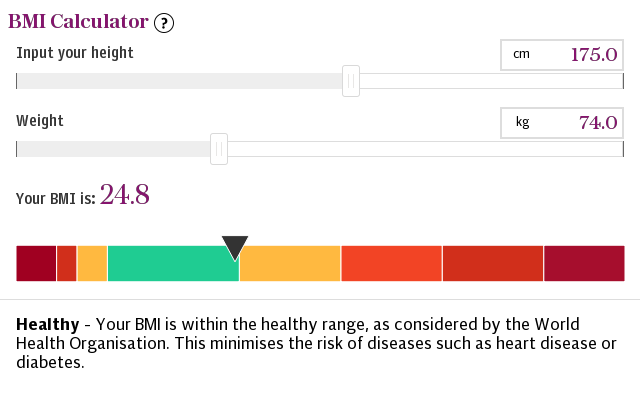Why men who are 5ft 5 are far more likely to develop Type 2 diabetes

Men who are 5ft 5 inches are 40 per cent more likely to develop Type 2 diabetes, than those of an average height of 5ft 9 inches, new research suggests.
The effect of height on diabetes is so large that scientists say it should now be considered an independent risk factor that doctors should take into account when examining patients.
Previous studies have shown that taller people are better at producing and using insulin, which clears sugar from the blood. They also have lower liver fat and a better metabolism.
But the new research is the first to quantify the impact of height on the risk of diabetes. It found that each 3.9 inch (10cm) increase in height was associated with a 41 per cent decreased risk of diabetes in men and a 33 per cent decreased risk in women.
The link was highest among normal-weight individuals, with an 86 per cent lower risk per 3.9 inch (10cm) increased height in men, and 67 per cent lower risk in women.
Writing in the journal Diabetologia, Dr Clemens Wittenbecher, of the German Institute of Human Nutrition Potsdam-Rehbruecke, said: “Our findings suggest that short people might present with higher cardiometabolic risk factor levels and have higher diabetes risk compared with tall people.
“These observations corroborate that height is a useful predictive marker for diabetes risk and suggest that monitoring of cardiometabolic risk factors may be more frequently indicated among shorter persons, independent of their body size and composition.
“Specifically, liver fat contributes to the higher risk among shorter individuals and, because height appears to be largely unmodifiable during adulthood, interventions to reduce liver fat may provide alternative approaches to reduce risk associated with shorter height.”
The study followed around 2,660 people for seven years in which time 800 people developed type 2 diabetes, (29 per cent).
If the figures held true for an entire population, it suggests that a man of 6ft would have approximately a one in five chance of developing the condition compared to around one in three for a man of average height, even if other factors like Body Mass Index (BMI) and fitness were the same.

And the risk for a man of 6ft 4 inches would fall even further, to around one in 10. For women the fall would be slightly less, with an a woman of 5ft 7 inches reducing her risk to around one in four, compared to someone of an average 5ft 3 inches.
There are thought to be around four million people living with diabetes in Britain, and around 550,000 do not know they have the condition. 90 per cent of people have type 2 diabetes which can lead to amputations, sight loss, kidney disease, stroke and heart disease.
Height has frequently been linked to health. In 2015, the University of Edinburgh found that men who were 5ft 5 inches or shorter were 50 per cent more likely to develop, and die from dementia, that those who were 5ft 8 inches or taller.
The University of Leicester also found that short people are more likely to develop coronary heart disease with the risk increasing by 13 per cent for every 2.5 inches decrease in height.
As well as differences in insulin and metabolism, some experts also believe height is an important indicator of developmental difficulties in childhood, such as stress, illness and poor nutrition.
However the new study ruled out many of those poverty-related factors.

 Yahoo News
Yahoo News 
